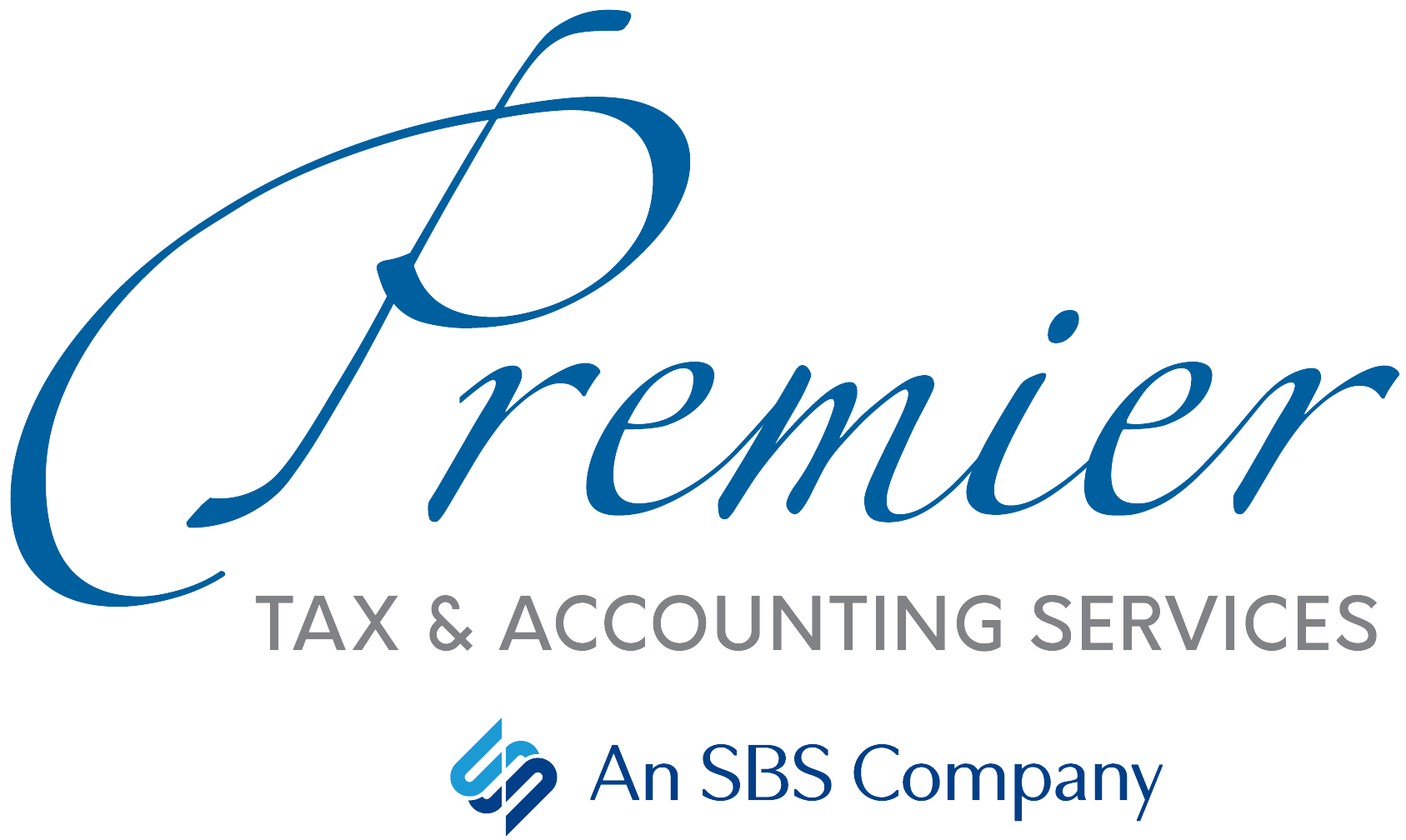Hotel stays, airfare tickets, public transportation costs — it all adds up fast when you’re traveling. The good news is, as a business traveler, you may be able offset some of those expenses by claiming business travel deductions when you file your tax return. Not everything qualifies, however, so be sure you know some of the details.
What Can You Deduct?
Business travel deductions are available when employees must travel away from their main place of work for business reasons. The travel period must be substantially longer than an ordinary day’s work and include a need for sleep or rest to meet the demands of the work while away. Keep in mind:
- Travel expenses must be “ordinary and necessary.” They cannot be lavish, extravagant or for personal purposes.
- Employers can deduct travel expenses paid or incurred during a temporary work assignment if the assignment length does not exceed one year.
- Travel expenses for conventions are deductible if attendance benefits the business (note: there are special rules for conventions held outside North America).
Deductible travel expenses can include the cost of:
- Travel by airplane, train, bus or car between your home and your business destination.
- Fares for taxis or other types of transportation between an airport or train station to a hotel, from a hotel to a work location.
- Shipping of baggage and sample or display material between regular and temporary work locations.
- Using a personally owned car for business (including increased mileage rates).
- Lodging and non-entertainment-related meals.
- Dry cleaning and laundry.
- Business calls and communication.
- Tips paid for services related to any of these expenses.
- Other similar ordinary and necessary expenses related to the business travel.
Claiming Travel Expense Deductions
If you are traveling at the request of your employer, then your employer will most likely reimburse you for any expenses not already covered. In this case, you cannot also claim a deduction for the costs incurred. If you are self-employed and traveling for business, you can deduct travel expenses on Form 1040, Schedule C: Profit or Loss From Business, Sole Proprietorship. Farmers can use Form 1040, Schedule F: Profit or Loss From Farming. National Guard or military reserve servicemembers can claim a deduction for unreimbursed travel expenses paid during the performance of their duty.
Whatever your situation, make good recordkeeping a priority. Well-organized records and copies of receipts, canceled checks and other documents make it easier to prepare your tax return and support your deductions. If you have any questions about what is or is not deductible, please don’t hesitate to contact us at 706-632-7850.
Did You Get Your GA Tax Rebate?
More than 2.5 million Georgia tax refunds have been issued so far. That’s 90% sent out since May, with more coming by next month. Announced in March, eligible Georgians received up to $250 for single filers, $375 for heads of household or $500 for married couples filing jointly.
If you have not yet received the rebate, you may not be eligible (or you may not have noticed it was direct deposited into your account). The refund is only available to residents who filed Georgia tax returns for both the 2020 and 2021 tax years.
IRS Online Account Provides Valuable Info
If you sign up for an IRS Online Account, you’ll have easy access to your tax account information, including balance, payments, tax records and more.
For example, you can view:
- Key information from your most recent tax return.
- Your payment history.
- Any payoff amount (updated daily).
- The balance for each tax year for which you owe taxes.
- Payment plan details, if applicable.
- Digital copies of select IRS notices.
- Economic Impact Payments, if applicable.
- Your current address on file.
You can also use your Online Account to:
- Select an electronic payment option.
- Set up an online payment agreement.
- Access tax records and transcripts.
- Approve and electronically sign Power of Attorney and Tax Information Authorization requests from your tax professional.



